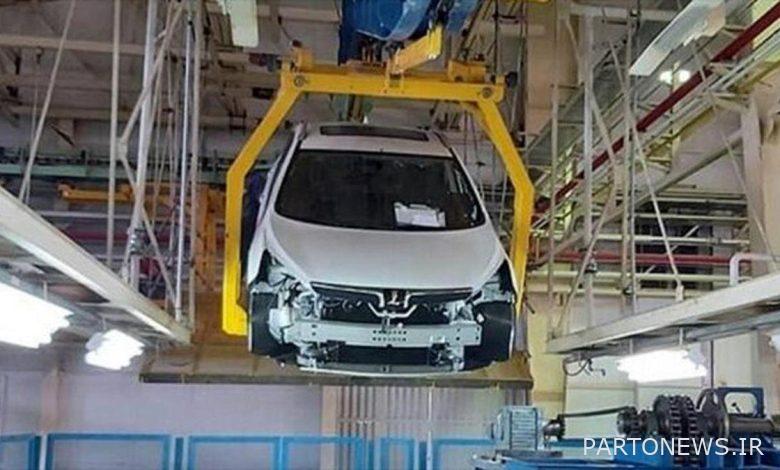New tax on automobile manufacturers in August 1401

According to Tejarat News, “from now on, automakers will have to spend on their own without the help of the buyer.” tax Pay for the zero kilometer car. This is a summary of the short correspondence that the head of the Tax Affairs Organization had with his temporary counterpart in the producer and consumer support organization on August 8.
The subject of this letter is about the duty imposed by Article 30 of the Value Added Tax Law (approved in 1400) to receive income from the transfer of ownership of all types of vehicles.
In this short letter, the full text of which was published by Mehr, it is stated: According to Article 30 of the Value Added Tax Law approved in 1400, the tax on the first transfer of a car, whether produced by domestic factories or assembled by importers, is the responsibility of automobile companies. .
In a part of this text, it is clearly stated: Domestic car manufacturing companies or importers of foreign car parts that are assembled inside should pay this fee to the government without including the said tax in the sales invoice.
What does the law say?
The tax regulations make the seller responsible for paying the ownership transfer tax of any property, whether it is the subject of the car transaction or property or any other goods and services whose ownership can be legally and legally transferred through the transaction.
Emphasis of the Tax Administration on implementation Article 30 The law of direct taxes approved in 1400 by the car manufacturers, even without any cost to the customer, shows that at least since the approval of this law, the car manufacturers were responsible for paying the transfer tax of cars with zero kilometers that are sent from the factory to the market.
According to the mentioned article, the tax of a zero-kilometer car that has not yet left the factory varies from one percent for domestic cars to two percent for domestically assembled foreign cars, and the responsibility for paying it lies with the car manufacturer.
This part of the correspondence indicates that until now the car manufacturers used to collect this fee from the buyer as a part of the car price and from now on they have to pay it from their income.
It seems that with this decision of the tax affairs organization, the cost of buyers in the market of zero kilometer cars is supposed to be reduced, but considering that car manufacturers always have the upper hand in the market in front of buyers, we cannot overestimate the issue. was optimistic

